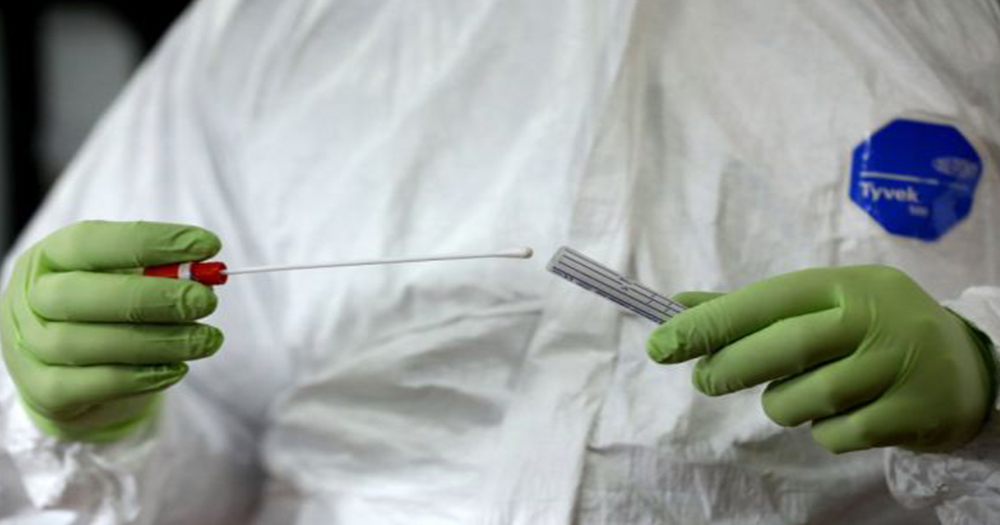Sexual health specialists have issued advice surrounding the coronavirus (COVID-19) for those living with HIV, urging people who are not virally suppressed to take extra precautions during the ever-growing outbreak.
Professor Sheena McCormack, a global expert in HIV and epidemiology, spoke to BuzzFeed News and explained that for those who are HIV positive with an undetectable viral load and have a good CD4 count, the threat of coronavirus is not any greater than those who are HIV negative. However, she warned that any who isn’t virally suppressed or has a low CD4 count should take extra precautions and actively avoid the use of public transport and cancel any plans to travel to avoid airports as well as any areas with particularly high concentrations of coronavirus infections.
What qualifies as a low CD4 count varies from person to person and depends on other factors such as the extent of viral suppression but Prof. McCormack warns that there should be an increased level of concern if the CD4 falls below 350, while those with a CD4 of above 500 would be considered in the healthy category. Furthermore, older HIV patients are more likely to have a low CD4 count as well as an increased risk of not being virally suppressed. This is of particular concern in relation to COVID-19 as most of the fatalities caused by the virus are elderly people with ongoing health problems.
Dr Michael Brady, medical director of the Terrence Higgins Trust and a UK government LGBT health adviser, agreed with the assessment made by Prof McCormack that those with a healthy CD4 count and virally suppressed are at no greater risk than HIV negative people. Dr Brady added that it is not yet time to consider avoiding sexual contact in spaces involving several people, not more so than being in any enclosed spaces with people coughing or breathing.
The most effective way to prevent the spread and infection of the coronavirus is to practice good hand and respiratory hygiene. Experts say everyone should wash their hands thoroughly using soap and warm water for at least 20 seconds, with alcohol-based hand liquid suggested as an alternative and cover their nose and mouth when coughing or sneezing with a tissue or a flexed elbow, discarding any tissues used immediately.
At the moment there is no indication that HIV positive individuals with a normal CD4 count and undetectable viral load are at any greater risk than those who are HIV negative, however, everyone should be practising good hand and respiratory hygiene to help curb the spread of the still incurable virus.
As COVID-19 spreads further and faster across the globe, the race to find treatments and vaccines is on, with some experts suggesting that HIV drugs could be the answer. Currently, manufacturer AbbVie are investigating whether or not their HIV drug Kaletra could be used as a treatment for the coronavirus.
With reports coming from China suggesting Kaletra’s effectiveness as a treatment for COVID-19, despite any access to the clinical data, AbbVie as well as other health agencies such as the U.S. Food and Drug Administration (FDA), U.S. Centers for Disease Control and Prevention (CDC), and European health authorities are pushing forward to utilise the already existing drug as treatment for the novel coronavirus.
© 2020 GCN (Gay Community News). All rights reserved.
Support GCN
GCN is a free, vital resource for Ireland’s LGBTQ+ community since 1988.
GCN is a trading name of National LGBT Federation CLG, a registered charity - Charity Number: 20034580.
GCN relies on the generous support of the community and allies to sustain the crucial work that we do. Producing GCN is costly, and, in an industry which has been hugely impacted by rising costs, we need your support to help sustain and grow this vital resource.
Supporting GCN for as little as €1.99 per month will help us continue our work as Ireland’s free, independent LGBTQ+ media.

comments. Please sign in to comment.